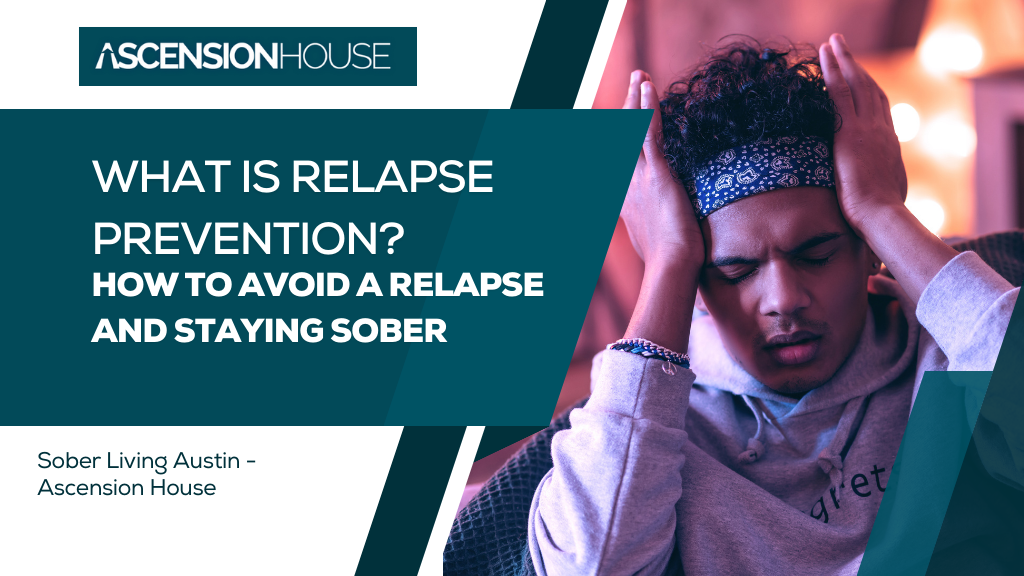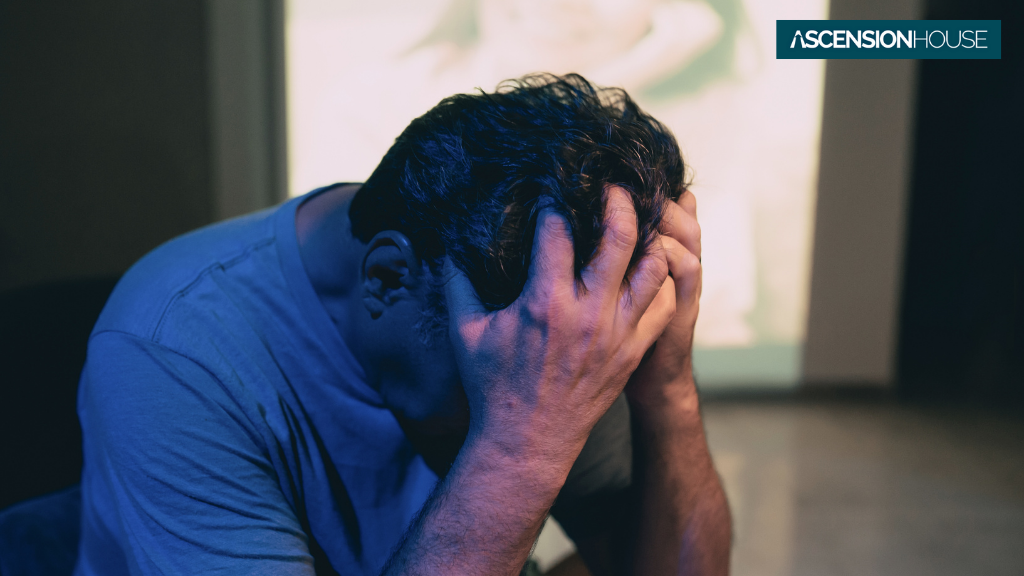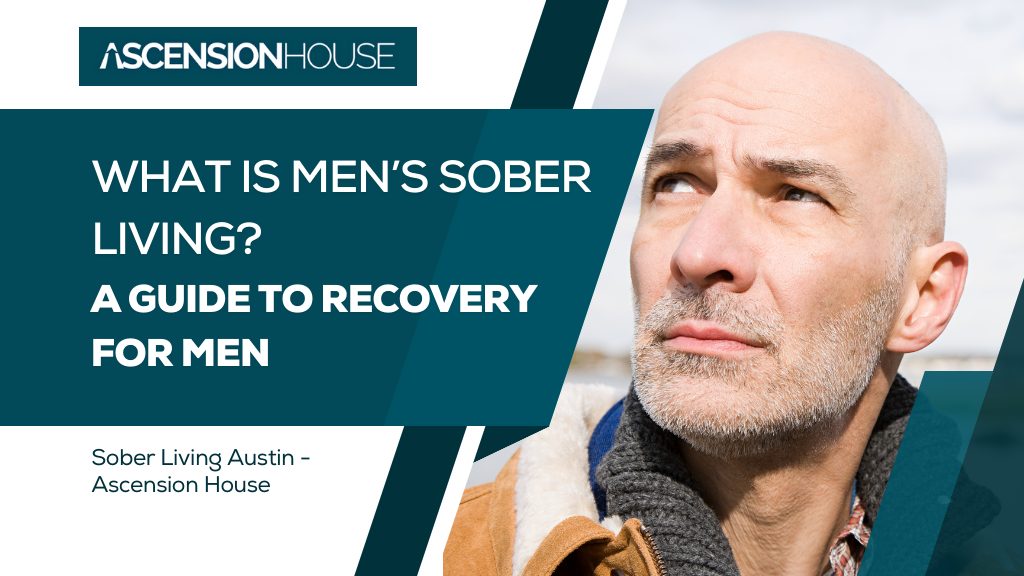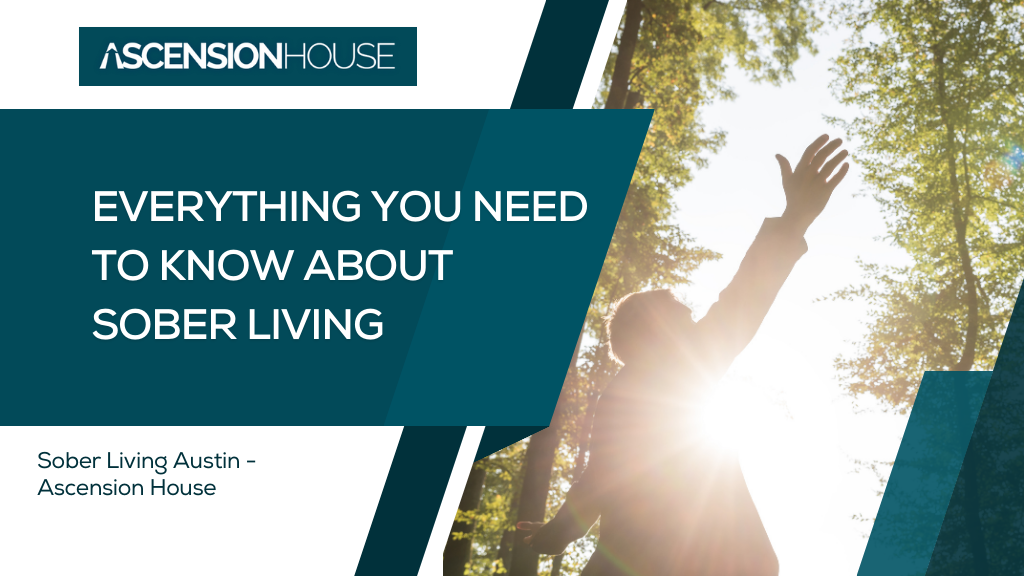
Relapse prevention is a critical component of addiction treatment and recovery. It involves identifying and avoiding high-risk situations and developing strategies to deal with potential relapse triggers. It’s essential to seek professional help and enroll in a quality relapse prevention program such as Ascension House.
What Is Relapse Prevention Plan?
If you are in recovery from addiction, one of the most important things you can do is create a relapse prevention plan. This plan will guide you and prevent you from relapsing back into old behavior patterns. Have you ever asked, “What is men’s sober living?”Sober living houses offer services like extended care programs, which help the residents stay on track.
Many elements can be included in a relapse prevention plan. One of the most important things is having a support system. Having people you can rely on when things get tough is essential.
Another essential element of a relapse prevention plan is to identify your triggers. These things make you want to use drugs or alcohol again. Once you know what your triggers are, you can avoid them or have the plan to deal with them if they come up.
Finally, it’s crucial to have a positive outlook on life. This means staying away from negative thinking and focusing on your goals and what you want to achieve in recovery. Having a positive attitude will help you stay motivated and on track. Creating a relapse prevention plan is an essential part of maintaining sobriety. By taking the time to create a plan, you are setting yourself up for success.
Empower your recovery journey with insights on relapse prevention – essential strategies to maintain your sobriety.
— Ascension House – Sober Living Austin (@AscensionSober) August 7, 2023
Full blog here: https://t.co/5uUjlxQcO8 pic.twitter.com/332dN1mdCk
A Relapse Prevention Plan Is Tailored To Your Needs
When you’re in recovery, the last thing you want is to relapse. But it’s a real danger, especially in the early stages of sobriety; that’s why having a solid relapse prevention plan is so important. At Ascension House, we can help you tailor a specifically designed plan for your needs.
There are many different components to a successful relapse prevention plan. First and foremost, it’s essential to have a robust support system in place. This could include family, friends, therapists, and sober living roommates. These people can provide emotional and practical support when struggling with temptation or triggers.
It’s also necessary to have healthy coping mechanisms to deal with stress, anxiety, and other challenging emotions. This could include exercise, journaling, meditation, and spending time in nature.
Of course, attending regular 12-step meetings or therapy sessions is also a crucial part of relapse prevention. These allow you to process any challenges you’re facing and receive support from others who understand what you’re going through.
What Is Relapse Prevention Therapy?
Relapse prevention therapy is a treatment that helps people recover from addiction and stays sober. It’s based on the idea that addiction is a chronic disease, and like other chronic diseases, relapse is possible. Relapse prevention therapy focuses on helping people identify and manage their triggers for relapse to stay on the path to sobriety.
Sober living houses are one type of environment that uses relapse prevention therapy. Sober living houses provide a safe and structured living environment for people in early recovery. Residents are required to follow house rules, including attending group meetings, completing chores, and maintaining sobriety. Sober living houses typically have a zero-tolerance policy for drug and alcohol use, which provides residents with accountability and support during early recovery.
If you or someone you know is struggling with addiction, relapse prevention therapy may be a helpful treatment option. Please contact us today for more information explaining everything you need to know about sober living houses in Austin. We can help you find the right sober living environment for your needs.
Common Triggers For Relapse
Relapse prevention is a critical part of sober living. In Austin, we see far too many people relapse after leaving treatment. While many factors contribute to this, there are some common triggers that we see repeatedly. Relapse prevention starts with understanding these triggers and developing a plan to avoid them.
One of the most common triggers for relapse is boredom. When people are in treatment, they are in a structured environment with activities and support available 24/hours a day. But when they leave treatment, they often find themselves with nothing to do and no one to talk to. This can lead to feelings of isolation and loneliness, triggering cravings and relapse.
Another common trigger is stress. Stress can come from many different sources, including work, family, and financial problems. When people are in treatment, they have a support system to help them deal with stressors. But when they leave treatment, they often have to face these problems independently. When we feel overwhelmed and hopeless, our brains release dopamine, leading to cravings for drugs or alcohol. This makes it easier for us to start using them again because of how rewarding they seem in comparison!
If you are in recovery, it is essential to be aware of these common triggers and plan to deal with them. Relapse prevention is possible if you take the necessary steps to avoid these triggers and stay connected to your support system.

The Benefits Of Having A Relapse Prevention Plan Or Therapy
If you’re recovering from addiction, one of the best things you can do is create a relapse prevention plan. This plan will help keep you on track and prevent any setbacks in your sobriety. Relapse prevention therapy is also an excellent way to stay sober and avoid any temptation to use drugs or alcohol again.
One of the main benefits of having a relapse prevention plan is that it gives you guidelines to follow if you feel like you’re starting to slip up. These guidelines can help you stay on track and avoid using it again. It’s essential to have someone you can talk to about your relapse prevention plan so that they can help hold you accountable and offer support when needed. In addition, make your sobriety meaningful by aligning it with a charitable lifestyle, like a men’s recovery house program for recovering males looking at life changes.
Relapse prevention therapy is another excellent way to maintain sobriety. This therapy can help you identify any triggers that may cause you to use it again. It can also help you develop coping mechanisms to deal with these triggers. Relapse prevention therapy is often conducted in a group setting so that you can receive support from others who are going through the same thing.
Many options are available if you’re looking for sober living in Austin, Texas. Sober living homes provide a safe and supportive environment for people in recovery. These homes typically have rules and structures to help residents stay on track with sobriety.
Book a Free Assessment
Contact us to schedule a free addiction or mental health assessment as part of our admissions process.
 11700 Bittern Hollow Dr., Austin TX 78758
11700 Bittern Hollow Dr., Austin TX 78758 (512) 598-5030
(512) 598-5030






